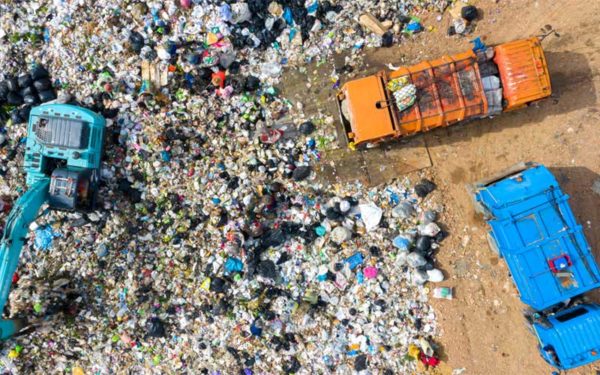Victory: ExxonMobil Shuts Down Dangerous Tank Farm
With pressure from CLF’s lawsuit mounting, the oil giant closed its polluting facility. But that won’t allow them to escape responsibility for it.
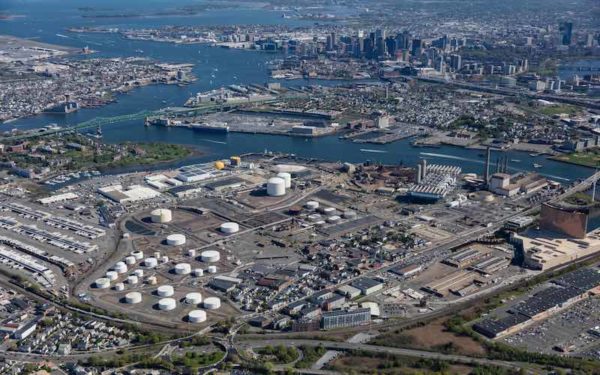
With pressure from CLF’s lawsuit mounting, the oil giant closed its polluting facility. But that won’t allow them to escape responsibility for it.

“There is no good reason to exempt toxic, climate-damaging facilities from laws and regulations designed to keep Rhode Islanders safe,” said CLF Senior Attorney, Kevin Budris. “It makes no sense to pass a strong climate law and then undo that progress. This bill will not only strip our communities of their rights, but it will also set the state back on its climate goals. The House should not make the same mistake.”
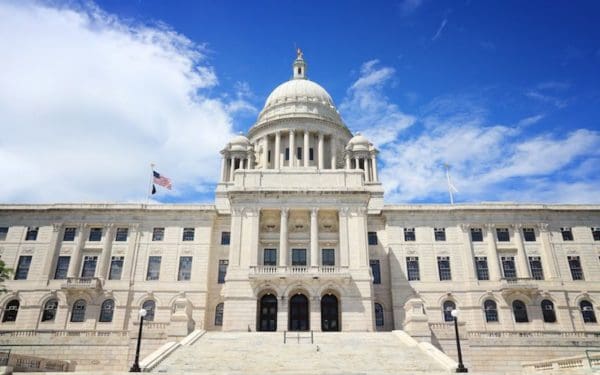
“It’s past time we take a stand against environmental injustices in Vermont,” said Elena Mihaly, Vice President of CLF Vermont. “For too long, some communities have been overburdened by environmental harms like pollution or flooding, while having little access to environmental benefits, like green spaces, clean energy, and public transportation. All Vermonters have the right to decide what happens in their communities and enjoy a healthy environment, and this law is an important step towards making that a reality.”
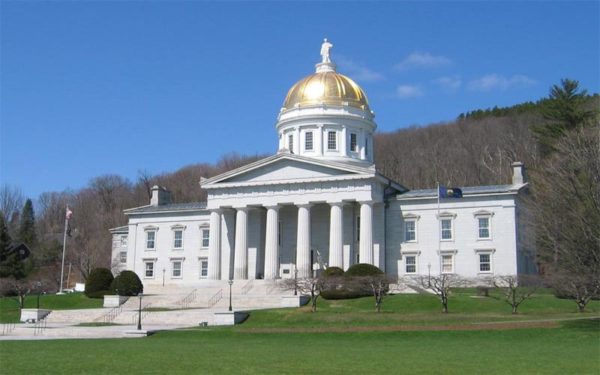
New federal and state laws and policies require government agencies to invest in environmental justice populations. The details behind these requirements must recognize the primary predictor to experience environmental burdens: race. CLF is working to ensure that government investments reach the populations who have endured the brunt of pollution and other consequences of climate change.

“The public has a right to know how much value developers are truly gaining when they depart from waterfront rules,” said Deanna Moran, CLF Director of Environmental Planning. “This calculator allows us to put a dollar value on the replacement public benefits offered by developers for the first time. This increased transparency will allow residents and regulators alike to better evaluate new waterfront projects and understand the tradeoffs at play.”
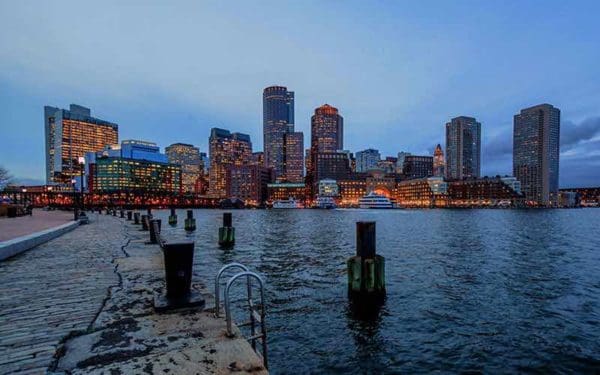
With support from our partners, CLF has developed an online calculator that will help provide greater transparency when balancing waterfront development and the public’s access rights.
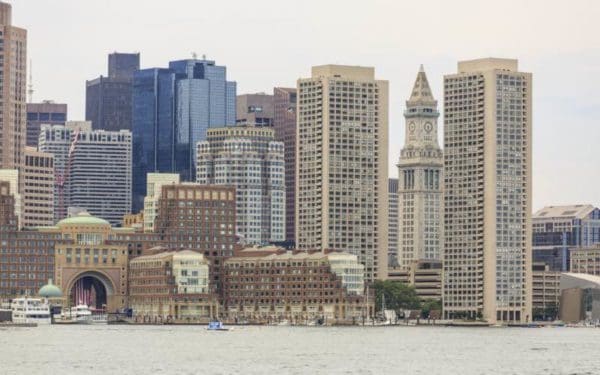
Massachusetts’ state building code leaves homes and businesses at risk from climate impacts. Here’s how we want the State to update them.
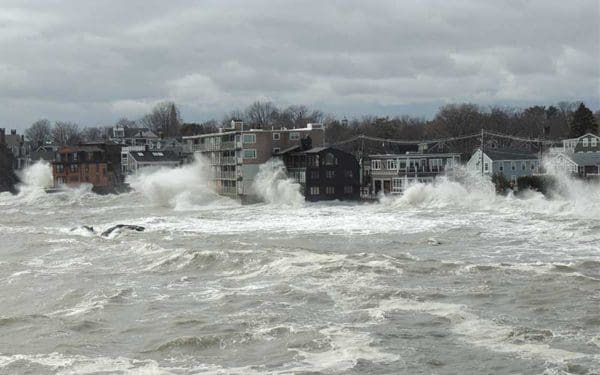
“We’ve been saying for years that there is simply no need for this facility, and today the Waste Management Council agreed,” said CLF staff attorney Heidi Trimarco. “This ruling makes clear that the state cannot permit new landfills that aren’t needed to satisfy New Hampshire’s disposal needs. It’s an important decision not only to get the state off its current landfill-expansion treadmill but also to prevent the continued influx of out-of-state waste.”
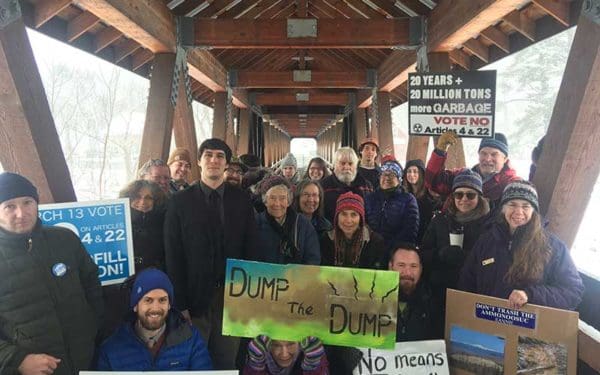
CLF is taking the oil giants to court in partnership with residents from the Everett, Providence, New Haven, and Quincy communities they’re harming. These lawsuits are the first of their kind, suing Big Oil companies for climate risks and pollution under the Clean Water Act and hazardous waste law.
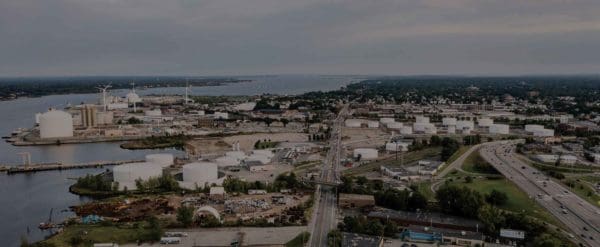
“All landfills pollute our air and put our waters at risk of toxic contamination,” said Tom Irwin, Vice President of CLF New Hampshire. “New Hampshire’s lakes, rivers, and coastal waters belong to all of us, and this bill, if signed into law, will dramatically increase protections for these valuable resources. The House, and then Governor Sununu, should support this important legislation.”
